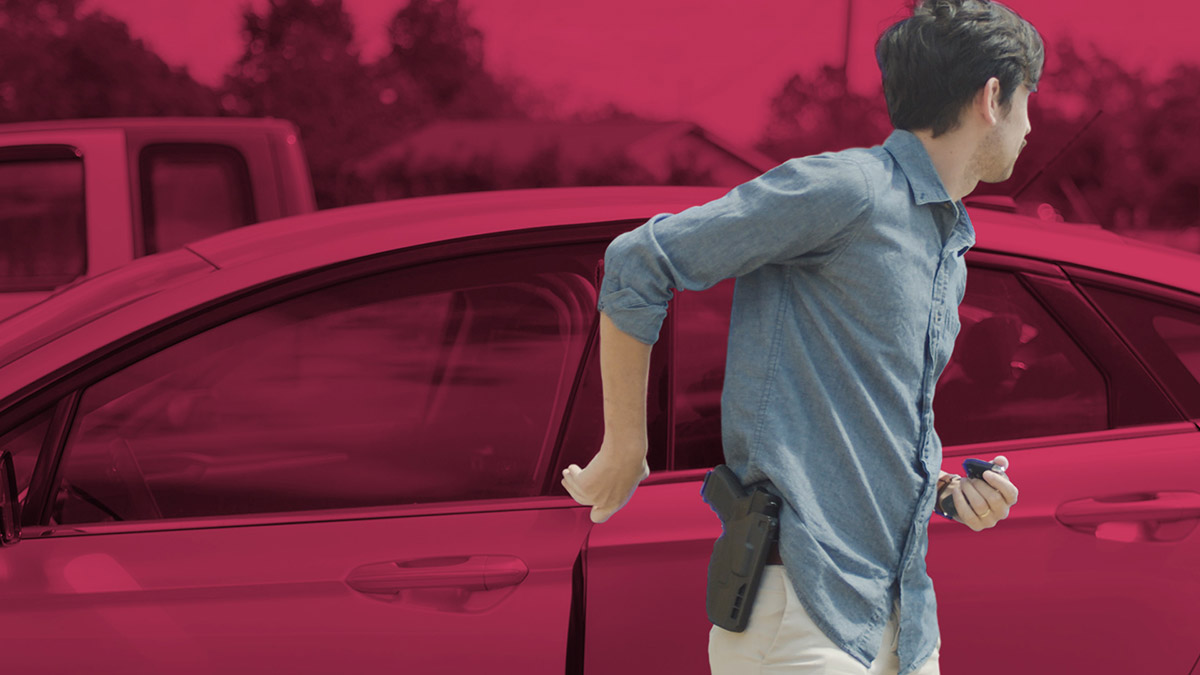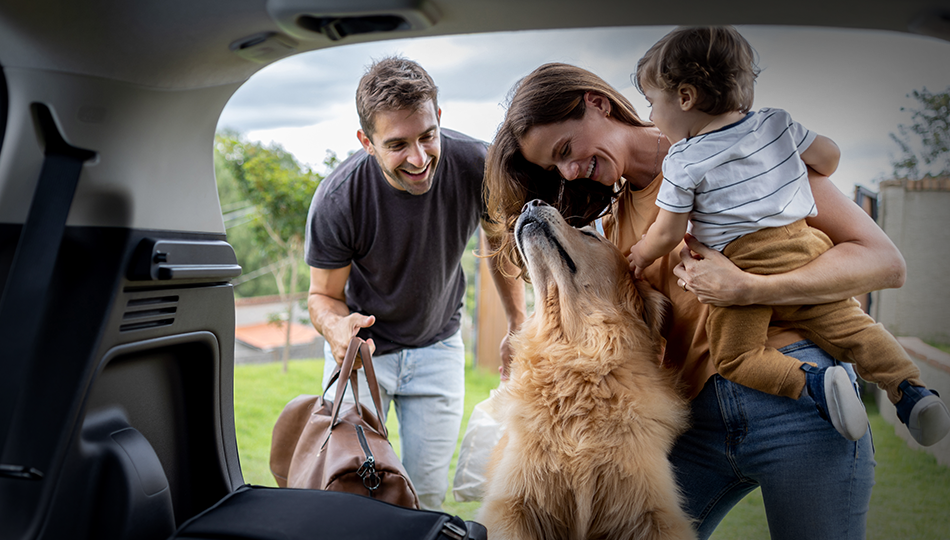
Can you get into trouble for using another person’s gun to defend yourself?
Deadly Force
In North Carolina, you can use deadly force to defend yourself if you have a reasonable belief you are facing imminent death or serious bodily harm. If you are entitled to use deadly force, you may use a gun, knife, garden rake, or a frying pan against your assailant to protect yourself, including items owned by another person. So, if you are in your house and attacked by an intruder, can you grab your spouse’s handgun and defend yourself? Absolutely!
What if a gun-toting robber attacks you in a business parking lot and a Good Samaritan hands you his gun? Are you allowed to use it? Again, the answer is yes. There is nothing in North Carolina law prohibiting you from defending yourself with someone else’s gun. There is no difference whether the gun belongs to your spouse, a relative, or a total stranger, as long as you’re legally entitled to use deadly force to protect yourself.
Let’s change the hypothetical. What if you don’t have a Concealed Handgun Permit? You are out to eat at a restaurant with your friend who has a CHP, and always carries. While you’re eating dinner, a masked man comes into the restaurant shooting. Your friend is incapacitated, but you can reach his pistol. Can you use it to take out the shooter? Yes, under the legal doctrine of Defense of Necessity.
Defense of Necessity
The idea behind “necessity” is the law allows you to do something illegal without being held criminally liable, as long as your conduct was “necessary” to prevent or stop something worse from happening. According to case law, if the harm resulting from compliance with the law is greater than the harm resulting in a violation, then the person is justified in violating the law.
So, in our previous hypothetical, the harm caused by you possessing a pistol in public without a CHP outweighs the harm being caused by the masked shooter. Clearly, you should not be held criminally liable for the crime of unlawfully carrying or using your friend’s gun to defend yourself and others in the restaurant.
For any other questions regarding self-defense laws, call U.S. LawShield and ask to speak to your Independent Program Attorney.





That was confusing. I understand the doctrine of necessity, but, I don’t understand how using someone else’s legally carried firearm under the circumstances in your example, would matter.
Could the difference be in how the firearm was obtained? In the first scenario, the legal carrier hands you the firearm, but in the second, you obtain the firearm without that legal carrier’s permission?
I would like to piggy-back on Mark Cline’s question. Is it due to the fact that your friend “can’t give consent” if he’s incapacitated? What if your friend preemptively gives you consent should a scenario like this occur?
Also, on a related note, let’s change the circumstances a bit. What if you can legally carry a firearm, but the establishment (restaurant in this case) prohibits firearms on their property but you “didn’t see the sign” (or something like that)? Then the gun-toting robber comes in just like before. Would defense of necessity still cover you in that case since you weren’t abiding by the rules before the robber entered the scene?
I think the one thing we can gain from this is that no one is minding the wheelhouse.